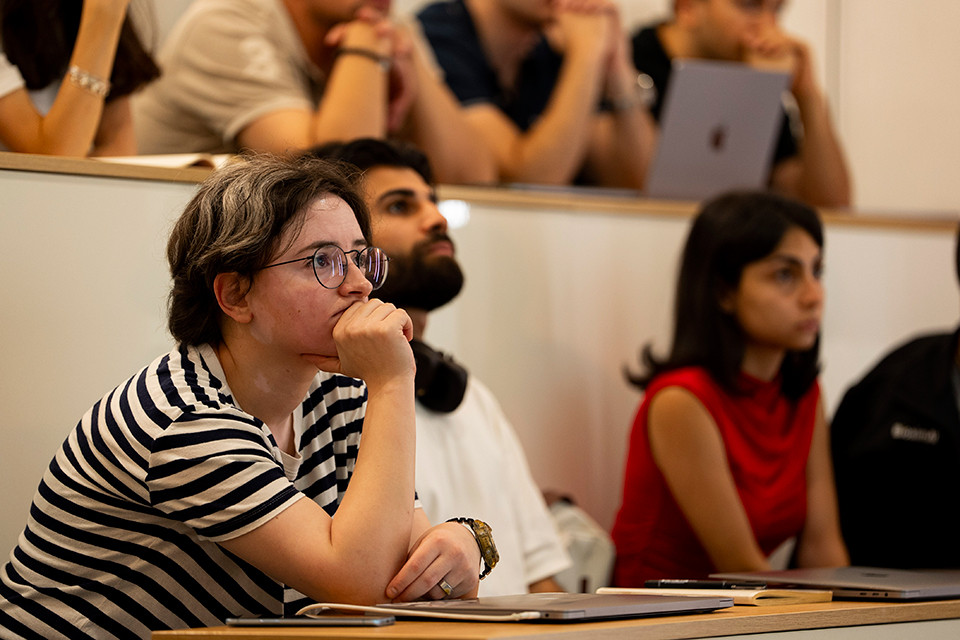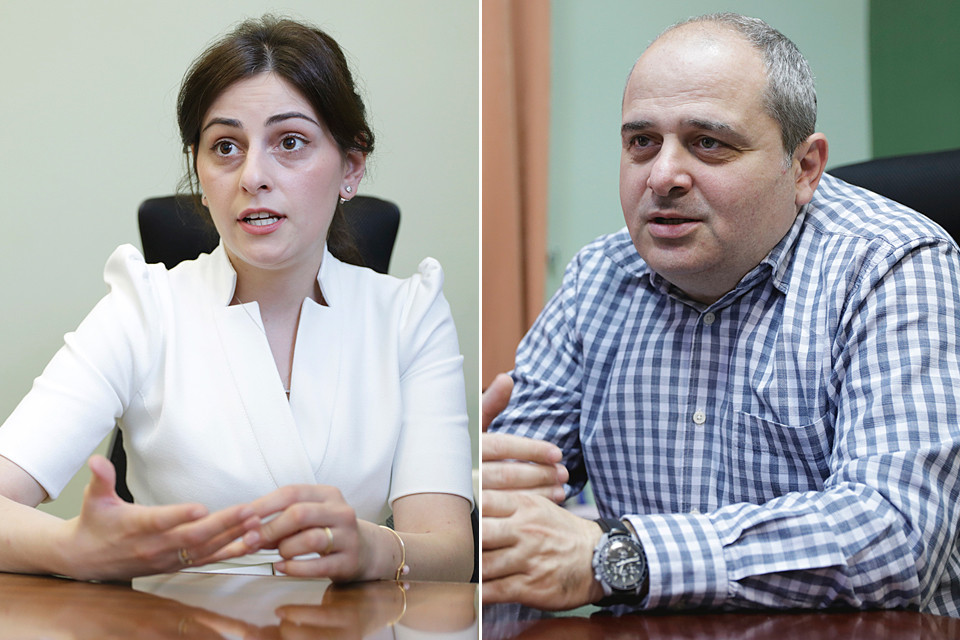-
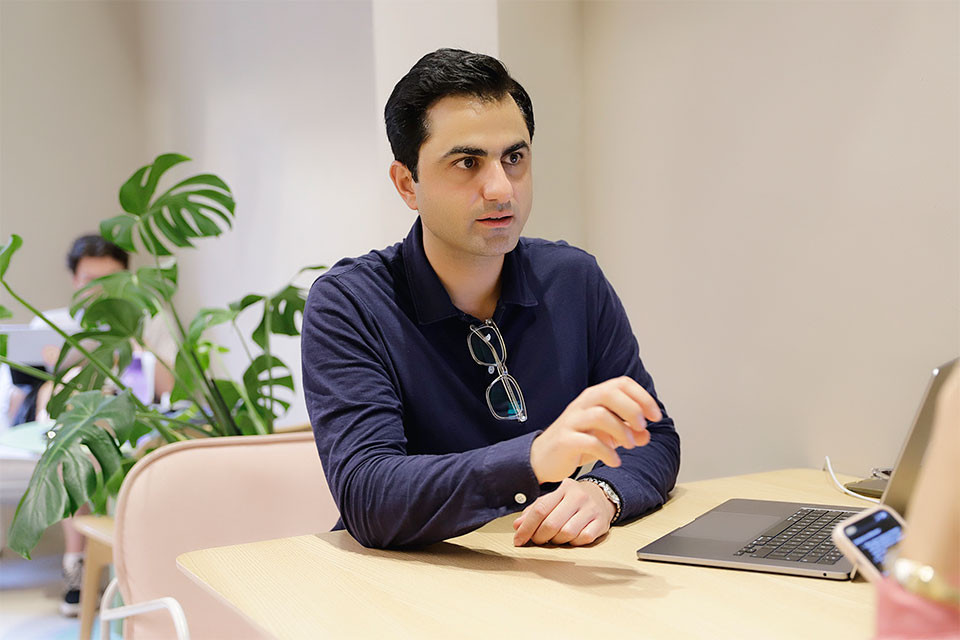
Stefan Lucas
-
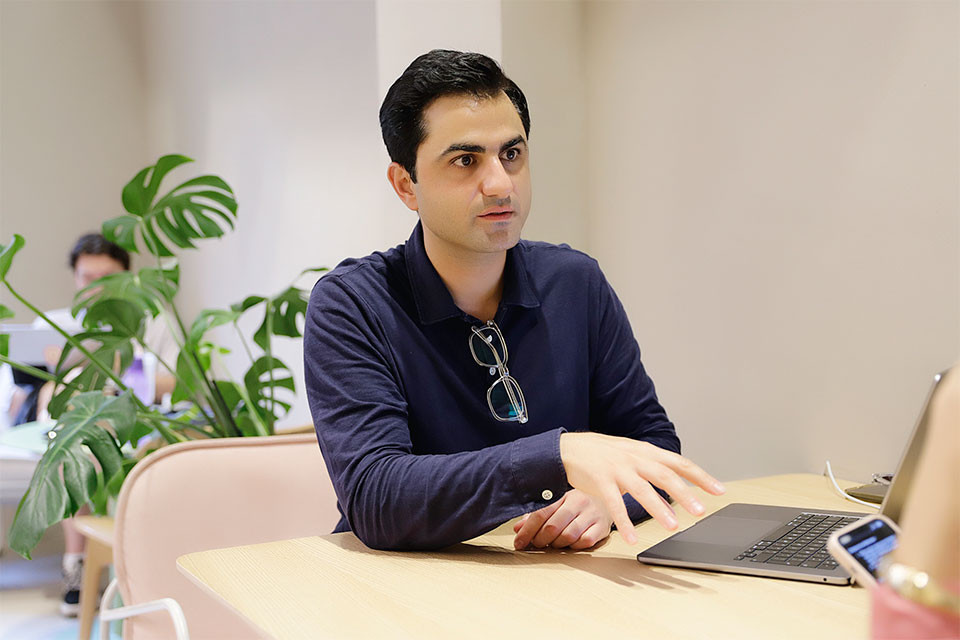
Stefan Lucas
-
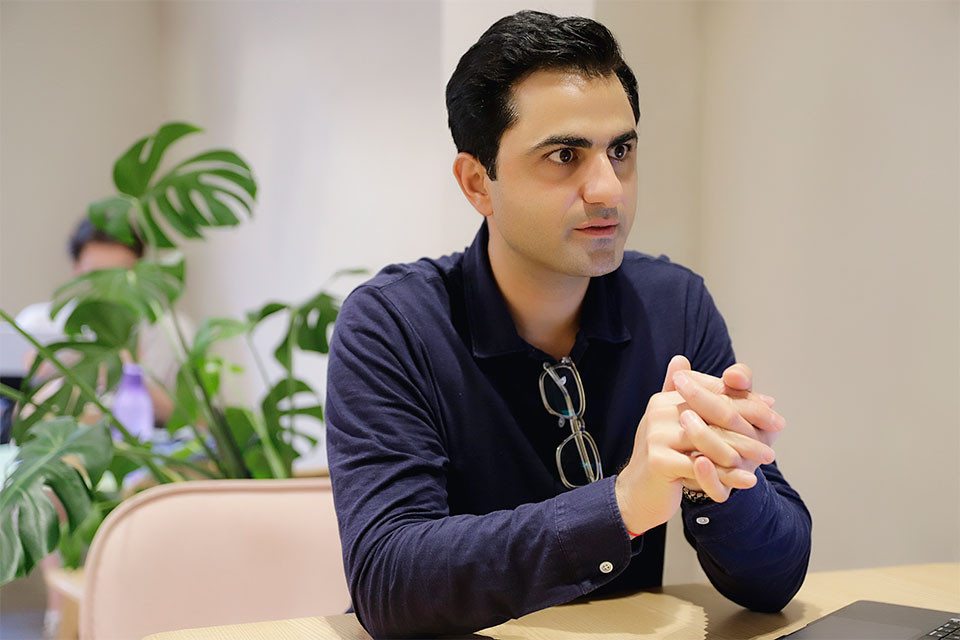
Stefan Lucas
-
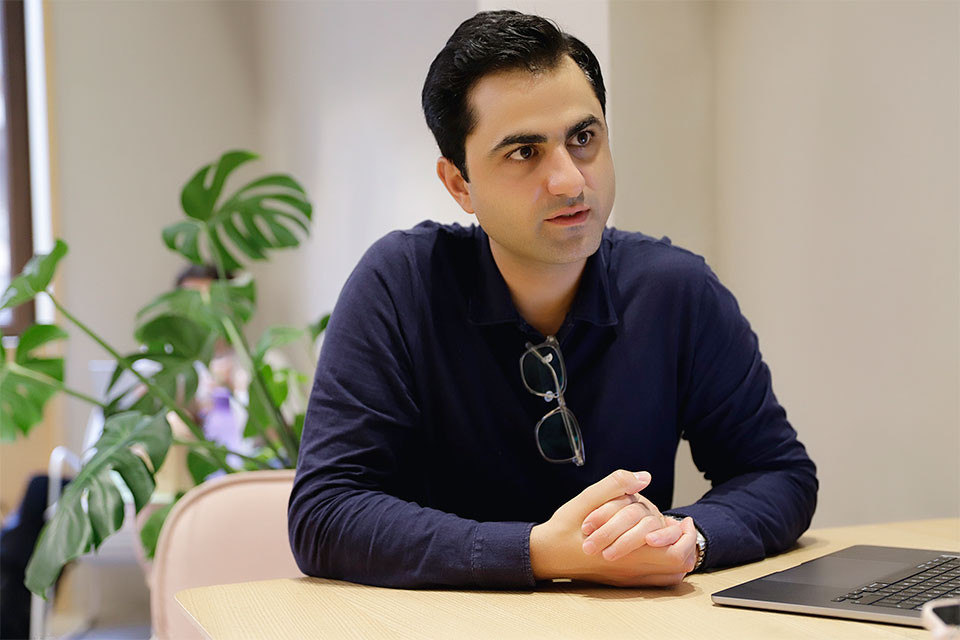
Stefan Lucas
-
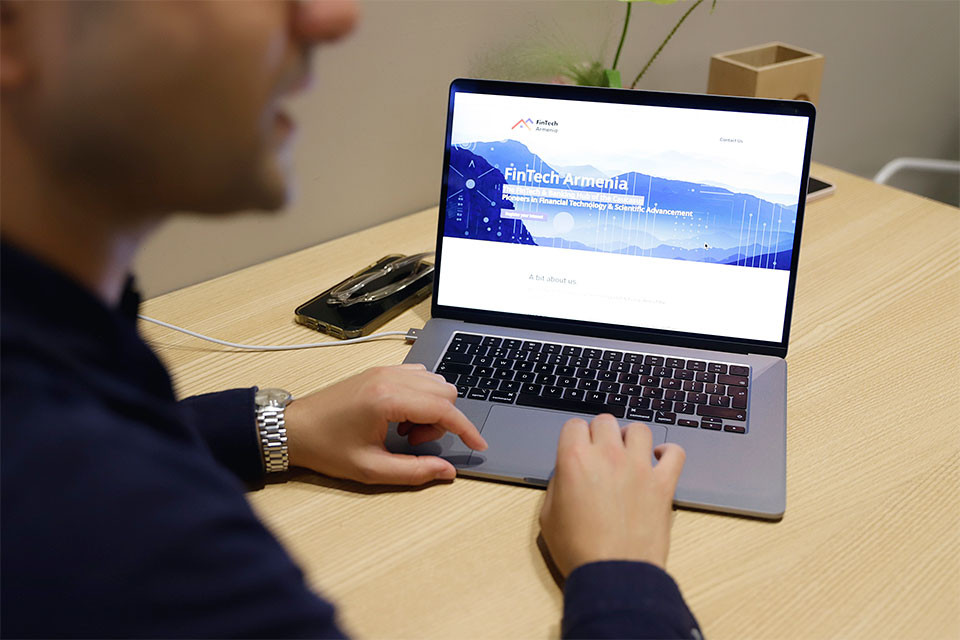
15:44 | 05.08.24 | Articles | exclusive 18201
Stefan Lucas on FinTech Armenia, FAST and future of fintech in Armenia
After years of gaining expertise in the fintech industry in London, Stefan Lucas made a significant move to Armenia in 2023. As the founder of FinTech Armenia and a partner in global engagement at the FAST Foundation, Stefan is on a mission to create a thriving fintech ecosystem in Armenia. The FAST Foundation, known for its innovative programs in science and technology, has partnered with Stefan to drive large-scale international projects.
His journey is not just about business, it's also deeply personal, rooted in family heritage and a commitment to charitable work. In an insightful conversation with Itel.am, Stefan shares his experiences, challenges, and vision for the future of fintech in Armenia.
Family story, and moving to Armenia
My family is Armenian. We are Armenians from India, Iran, Indonesia, and from Syunik. I was born in London, when I was quite young, we moved to the south of France, but now I'm between Europe and Armenia.
I went to an international school in Sophia Antipolis, which is the technological hub of France. It's the Silicon Valley of France. I've spent just under two decades working in the fintech industry - technology and digital transformation within financial services.
 Stefan Lucas
Stefan Lucas
We come from quite a charitable, philanthropic family. My parents are quite active with maybe 20, 30 different smaller charities. And my sister moved to Armenia three years ago to help people whose homes and lives were endangered in some of the border villages of Syunik. That inspired me to come here.
I came here to spend more time last year, to go to the south of Armenia with my sister and our little team in Armenia, to help many broken homes.
In parallel, when you want to help your country, you've got to figure out what are your strengths. So, my strengths are fintech in terms of network and experience, a bit of AI, golf, and charity. I put all three together and here I am.
Journey into the FinTech industry, and founding FinTech Armenia
In London I was very lucky. I happened to meet my dad's friend Lord Peter Cruddas. Back in 1995, he pioneered the first digital electronic trading platform for financial capital markets in London. I've learned a lot from him about the fintech industry and how he moved things forward in this industry․ We've been together for over 25 years. I got quite passionate and interested as a young kid. So, I decided to spend my career in this space. I worked for a range of high-growth startups, SMEs, private equity funds, listed companies, and giants. I worked for a stock market like CME Group, which is the world's biggest and oldest electronic trading venue.
We started Fintech Armenia last year, and it's moving forward a lot faster this year. The primary goals and missions of Fintech Armenia is to establish and grow, significantly expand the fintech ecosystem and hub in Armenia, and out of the country. Also, to bridge the West, Asia-Pacific, and Armenia. And finally, to really strengthen Armenia, to add another seed of high-growth in Armenia.
Challenges and opportunities in the Armenian fintech industry
There's always challenges with adoption and gaining acceptance and support from the local market, the banks, the fintech ecosystem, the startups, the investment funds, the full ecosystem. That's taken several months of analyzing the local environment and spending time with the local people here. I do it every day. And that's been a challenge, getting that support from all the key people, from the Central Bank, banks, startups, etc.
Another challenge would be to build the international hubs and bridges to connect Armenia with, let's say, London or New York, San Francisco or Singapore, etc.

But the good news is, in UK I had quite a lot of meetings with my network and friends in the industry, with my Chinese-based banking and payment, trading and digital banking players, even the regulators to get that buy-in, for them to come to Armenia, to the Fintech Armenia Summit, and to look at partnership opportunities with Armenia, and work with the Armenia-based fintech industry.
So, right now, we set up the foundation and now we're setting up and are about to launch the Industry Association that has a senior board, including some of the big guys in Armenia and internationally, without giving the names right now but it will all be public very soon.
Development trends in the Fintech landscape in Armenia
Open banking is number one, that’s happening in the West and it's going to happen in Armenia. If you take a moment to consider the core industry today, you'll see that the Central Bank, banks, and startups are all moving towards open banking and gradually opening up payment systems. Armenia is still conservative and careful. Additionally, learning from the FCA sandbox in London and slowly working with the regulator and the local fintech industry players.
You'll also probably see more adoption of AI within financial services. And then you'll also see growth of embedded finance, such as integrated fintech, plug-in solutions, technologies, apps, within existing e-commerce platforms. That's huge.
Another trend you might see is the rise of super apps and super fully integrated technology platforms, where you might see a bank. So, it could be possible that one day a bank goes into multi-industry, IoT, Big Data, multi-connectivity into one superapp. That's going to be a big one.
 Stefan Lucas
Stefan Lucas
And of course, the rise of Blockchain. People got very excited about Blockchain with FOMO (fear of missing out) around Bitcoin price years ago, and Ethereum and others. But that's not what I'm talking about. Blockchain is actually transforming the industry from a technological point of view.
The collaboration with FAST foundation and the new role
10 years ago, I met Ruben Vardanyan in London during an Armenian business event. He kindly suggested that I come to Armenia with my team. We were building the world's first HTML5 trading platform in London. I wanted to come to Armenia and help him transform Ameriabank. The goal and the idea were to list it on the London Stock Exchange. I had some experience working for a FTSE-listed company, IG Group, the biggest platform in Europe.
Unfortunately, I wasn't ready at that time, and I think Ameriabank wasn't ready, and Armenia wasn't ready for this transformation. It's taken 10 years for Armenia to develop to where it is today, to become a real high-growth, high-potential tech hub. The timing is right now for many reasons. We can take Armenia to start, to plant that seed and to grow it.
I also met other interesting, smart, high-performing gentlemen in Armenia and internationally, Armen Orujyan, the founding CEO of FAST, who's my friend and manager. We connected, and the conversation with him was about FAST and how FAST could become the platform for people like me to come and help Armenia.
 Stefan Lucas
Stefan Lucas
I’m a partner in global engagement at FAST. Basically, it's a global role. FAST is strong in the US, but newish in Europe. So, going after the European market and implanting the FAST mission in key European countries. We had already had a great tour of Europe, and basically started raising awareness about our mission. And you know demand and interest was very high. We just announced a gala dinner in Paris on 16th November.
Essential tips for success when moving to Armenia
Have enough savings, come here, give yourself 12 to 18 months. Before you come or when you arrive, meet all the key people you can. Ask nicely for some of the key people to introduce you to similar people, and people you think you need to meet. Understand the laws, the regulations, have one or two good lawyers by your side, ask questions, and figure out two things: a country's needs, gaps, and opportunities. Then figure out your strengths and what you can bring.
And then the other thing I would say is don't give up. You know, I would say come in with a thick skin, be dedicated to the cause, be flexible, and just make small steps of progress every day without being too aggressive because obviously there's an existing market and there's an existing mindset and industry and you've got to understand that well and to do the right things for the people and the country.
Nune Grigoryan
Photos: Agape Grigoryan

17:29 | 24.09.25 | Articles
Jacopo Losso on Cross-Border Investments and Why Armenia Attracts Angels


